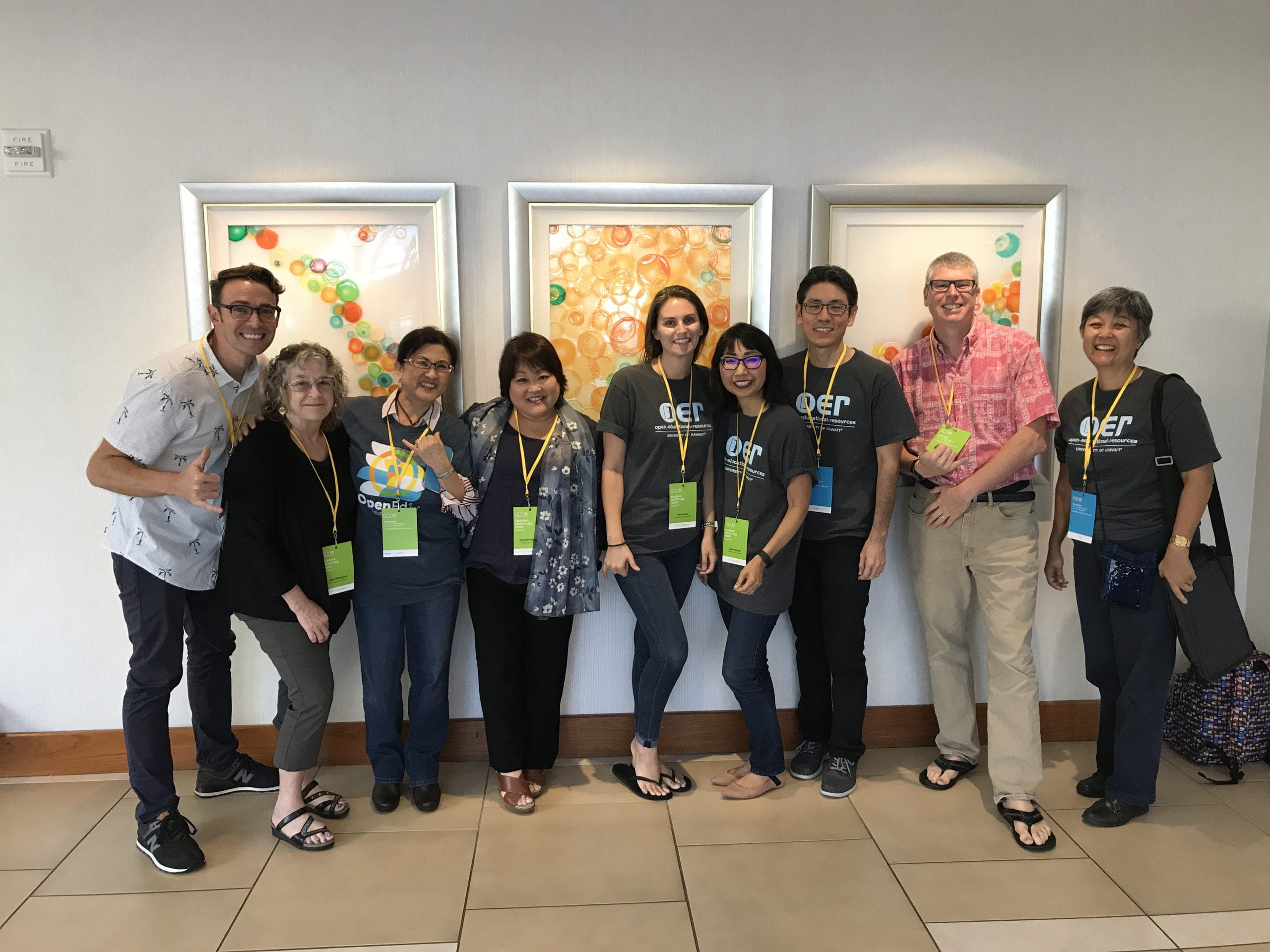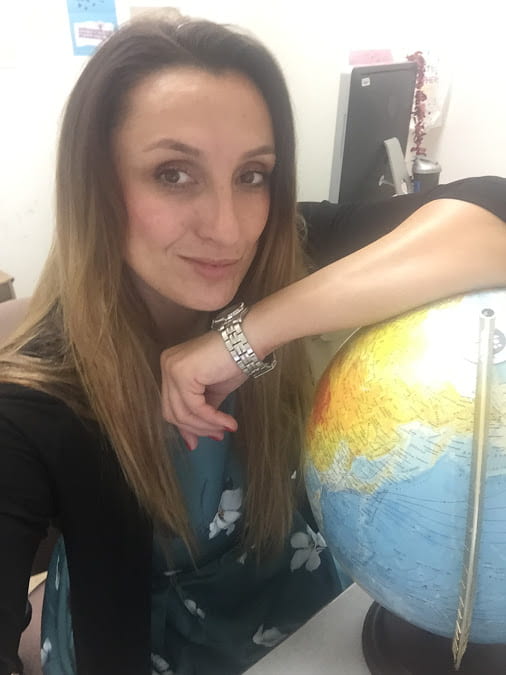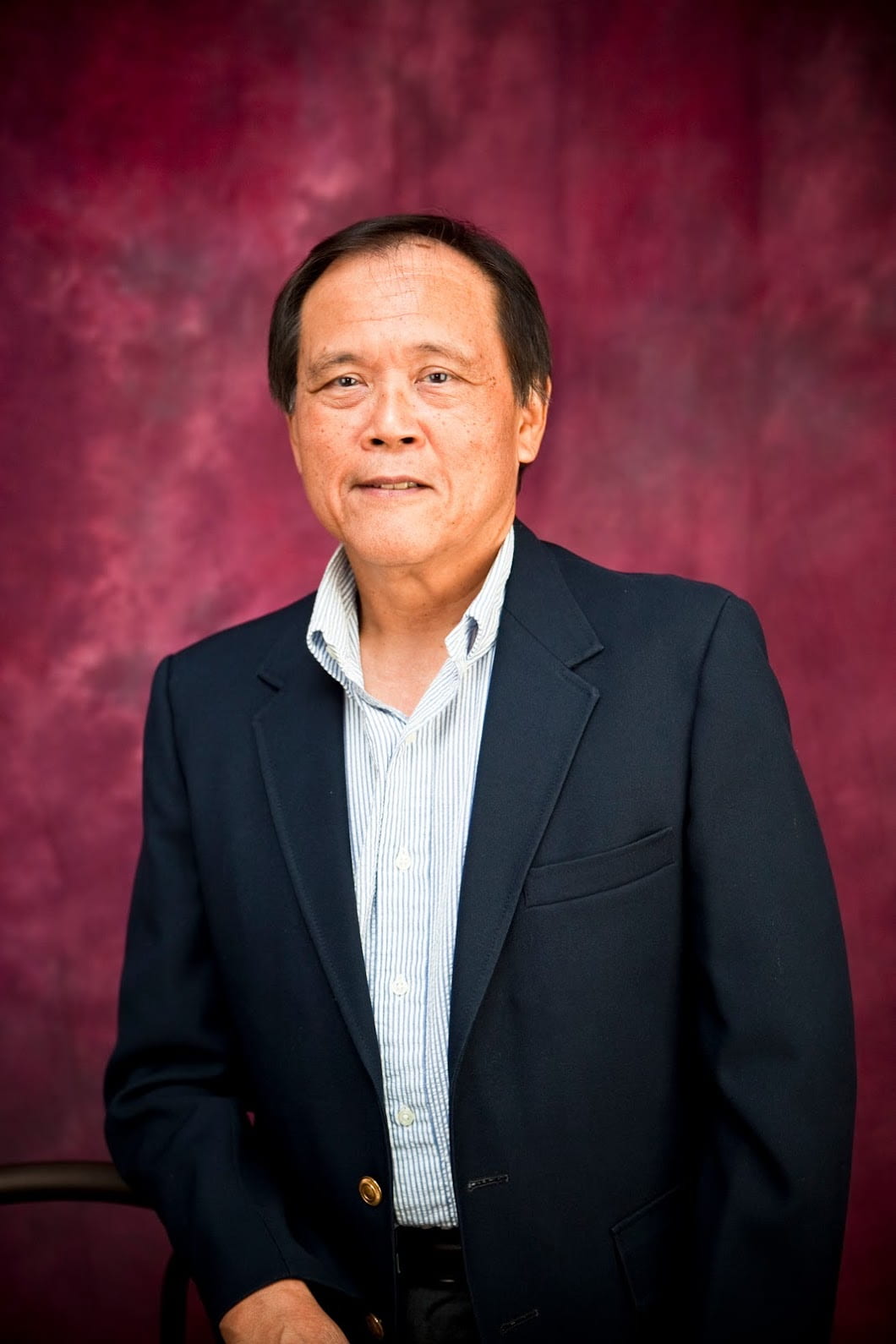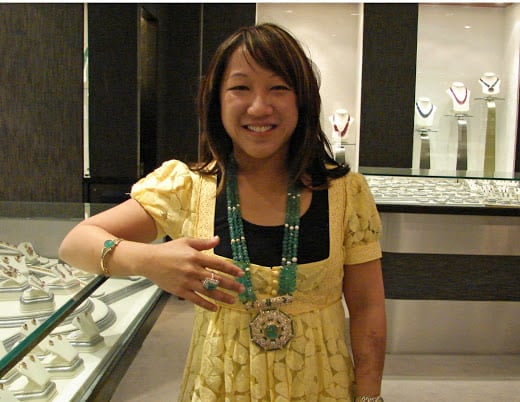The following is a guest blog post by Merissa Brown, Speech and English Lecturer, Leeward Community College Waianae
Go Open, Go Free using Open Educational Resources @ Leeward Community College: What, So What, & Now What
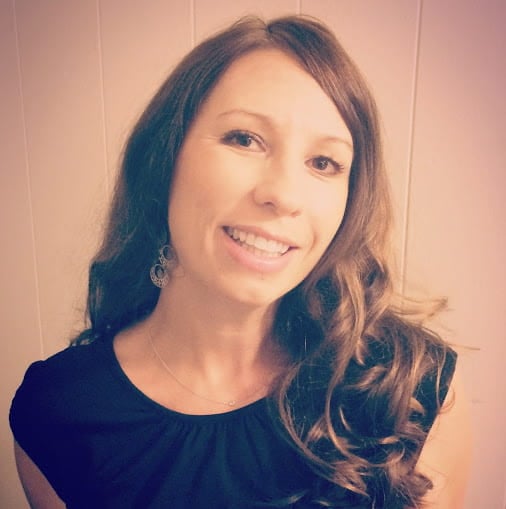
I arrived to my first “Go Open, Go Free” meeting a committed Open Educational Resource (OER) skeptic. I thought “free” resources, willy-nilly edited by anyone, were bound to lack academic integrity and be low-quality substitutes for resources offered by respected publishers. However, I am always searching for innovative ways to save students money. Also, I realized I didn’t actually understand the process behind Creative Commons licensing, or how materials become OER. When I saw the invitation to attend Leeward’s OER training, I decided to educate myself and THEN determine if my skepticism was warranted.
Nothing was as I had expected.
During the past 7 weeks of curriculum, online discussion, and face-to-face meetings, I learned that there ARE many high-quality textbook and supplementary resources available and that our mighty librarians are well versed in how to help us locate what best suits our needs. I learned exactly how I can and should not use the materials I find and how to properly credit the creator for his or her efforts. I learned how to pick and choose various components of multiple resources to customize materials for my exact needs, teaching style, and preferences. I learned that educators review resources to help others determine quality and how to share my own reviews. Finally, I learned how to license materials I create so that I can share my work on my terms.
Anything we create is copyrighted. Anyone who wants to use another’s work should ask permission, but a permissions process can be clunky. When someone wants to share their work Creative Commons licensing grants the ability to, “refine your copyright” and “refine how you give permission,” (1:05, “Creative Commons Kiwi” by plccanz is licensed under CC BY) streamlining the process.
While I believe that OER has much more potential than is currently realized, what matters to me now is that I have a new place to find quality resources, connect with colleagues across the planet, and share my work exactly as I deem fit. OER provides content creators and mixers new ways to reach more people without overstepping boundaries of copyright.
Using OER is not necessarily easy. I’m still not satisfied with any OER full text I’ve found while looking for materials to replace my existing speech book. However, I have found a wealth of new material for English courses and expect that my English courses will have zero textbook cost from here on out. To solve my speech problem, I plan to marry several different materials together and customize a course-specific resource. I now have the skills to confidently approach the task. The process will take time, but I plan to complete the transition to fully OER materials for speech by Spring 2018.
While I may not approach every new class I teach as strictly OER, I am committed to the ideas behind the movement. I plan to spend some of my down time this summer licensing and sharing my original materials and adding proper Creative Commons attributions to any of my non-original resources. Knowing I can determine how others use my work and how I am allowed to use others’ material is comforting. Learning a new citation style as it emerges is exciting for a super citation-nerd, like myself. Modeling proper citation for students is essential in the days of instant information sharing where “alternative facts” lurk around every corner.
Information literacy is important for everyone, but especially for educators. Even if you may not plan to use OER or think you have no need, becoming literate in this educational expansion is crucial. I recommend those involved at every level of education take this training. Faculty, staff, and administrators will all discover benefits. In addition, I look forward to seeing how OER training can be implemented into general information literacy curriculum for our students.
